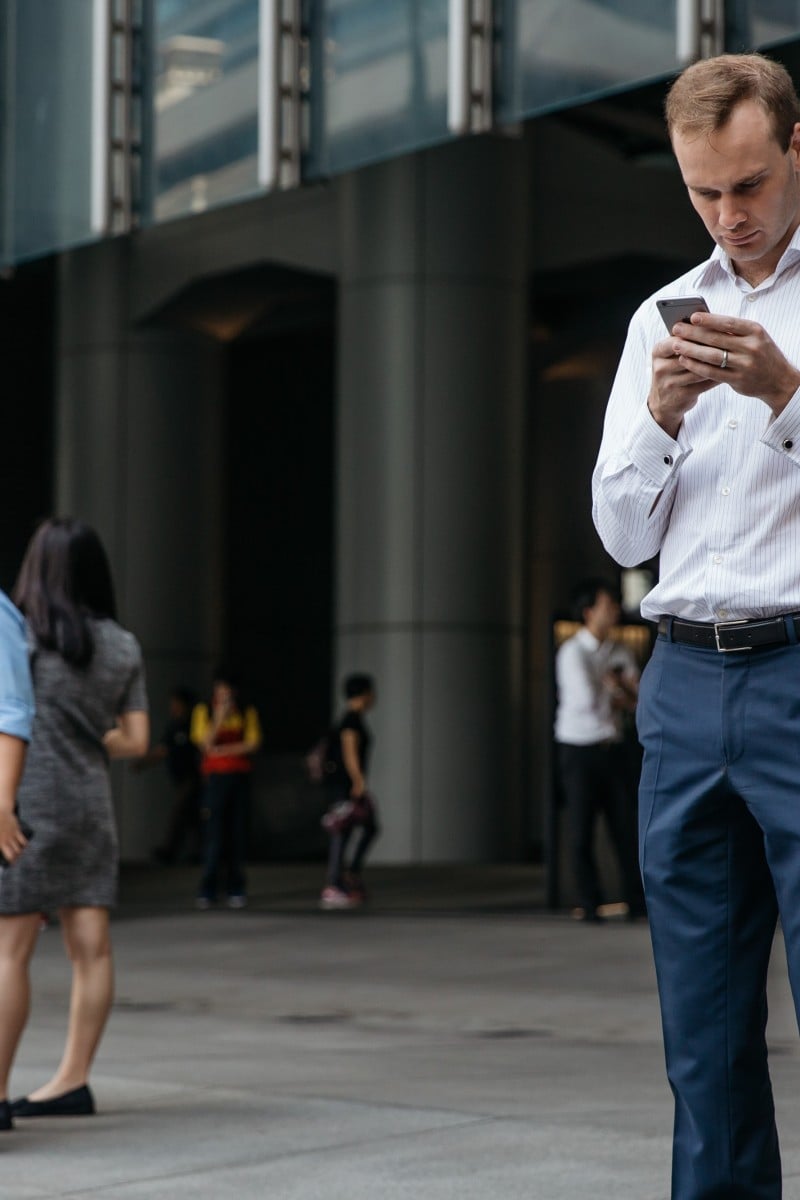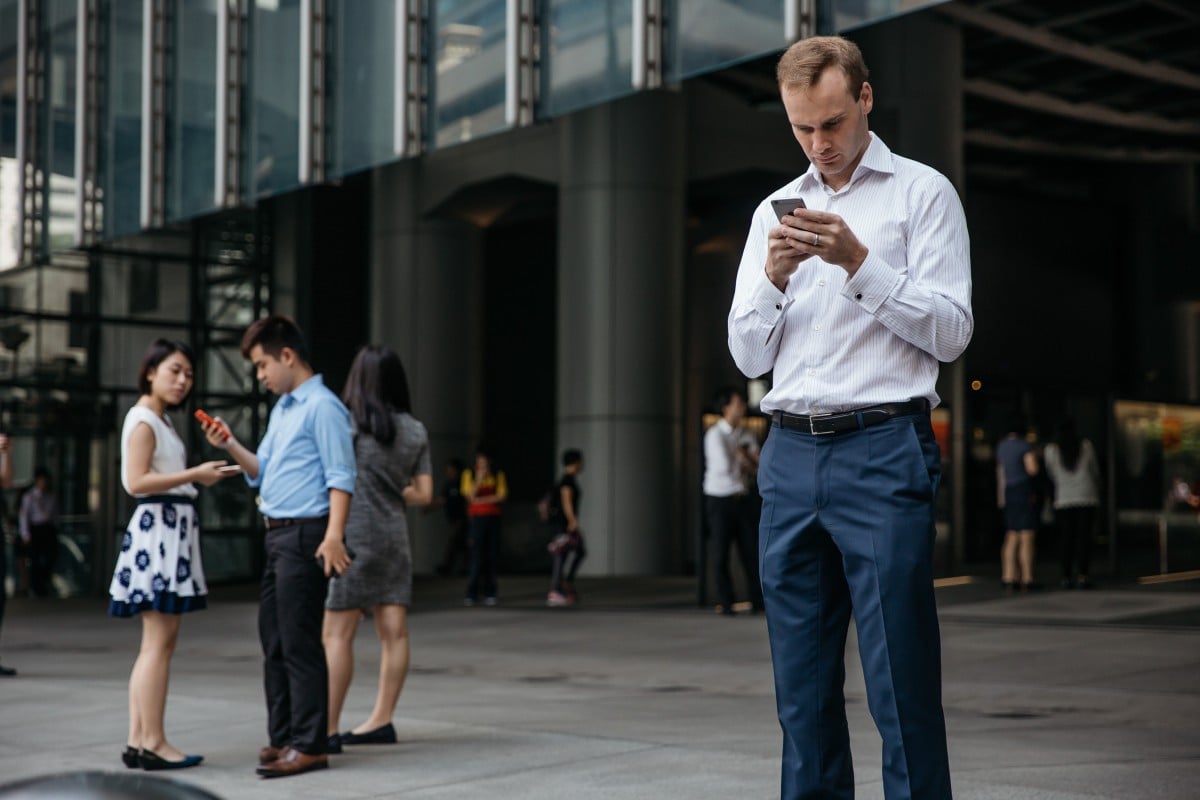
Opinion: Social media's dark side, from anxiety to sleep deprivation and depression
It's important to look at the negative effects sites like Facebook can have on our well-being and to weigh the pros and cons
 Modern society is phone obsessed with the devices allowing for instant information at our fingertips.
Modern society is phone obsessed with the devices allowing for instant information at our fingertips. Most of us take for granted that the luxuries the developed world enjoys today are universally positive. This goes beyond what are now considered basics such as nutritional food that is available 24/7, or access to the vast majority of the world’s information. This attitude even touches our perception of services such as social media.
We justify our incessant use of social media (the average person spends 153 minutes a day on it) by waxing lyrical about all the good it’s brought us, such as the ability to stay in touch with our loved ones across the world, connect with people we might not otherwise have encountered, and talk to almost anyone instantaneously, without having to wait days for a response.
However, as the pernicious effects of social media become more clear, it’s evident that something has to give when it comes to collective societal attitudes towards it. With levels of anxiety and depression at all-time highs among young people, especially Gen Z, it’s time we take stock of the true danger that such heavy usage brings.
Instagram to consider dumping 'likes' on posts in move that could improve teen mental health
First off, it’s obvious – according to a growing body of research – that this level of social media engagement does real damage. The American Journal of Epidemiology found that “regular Facebook use had a negative impact on a user’s well-being”, with other sources reporting afflictions such as loss of sleep, anxiety, and a lowered attention span, all taking root partly or fully in the vertiginous rise in social media usage over the last five or so years.
From an evolutionary standpoint, it’s easy to see why social media has this effect on us. We’re wired to be hyper-responsive to social cues, as our ability to pay attention to such cues would have meant the difference between life or death on the savannah.
On top of that, the world’s top technology companies pay experts millions of dollars a year to exploit our own brains. Tristan Harris, an ex-Google employee, was so aghast at his company’s practices that he penned a 141-slide treatise urging Google to be ethical with their users’ attention, before jumping ship to found Time Well Spent, a non-profit organisation aiming to reverse the “digital attention crisis”.
Now, social media certainly has its advantages. But it’s incumbent upon each of us, individually, to look lucidly at the risk-reward offering of such technologies, and to develop our own philosophies regarding how we want to use them, as opposed to simply following the default doctrine of constant usage encouraged by Silicon Valley.